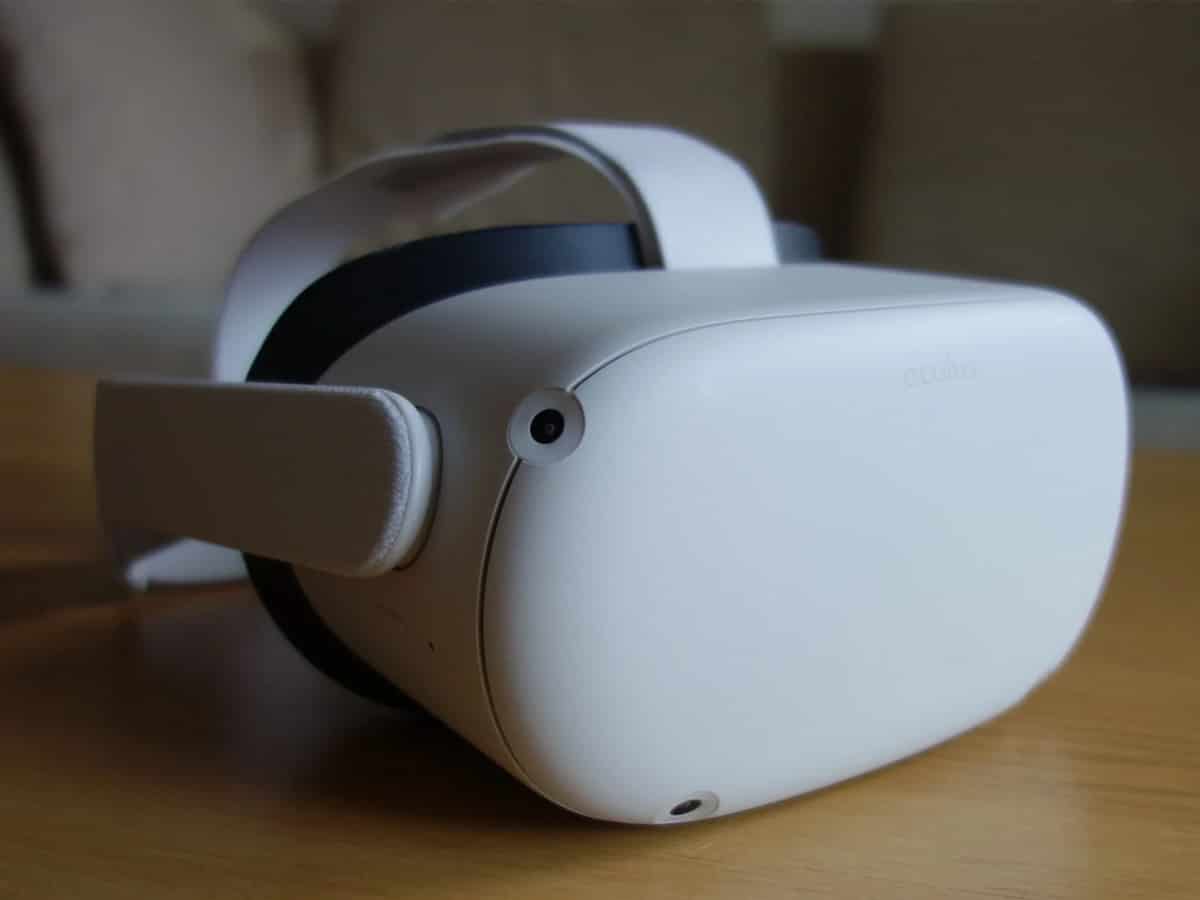
Cupertino (California): All eyes are set on Apple’s most ambitious hardware launch since 2015 — a Mixed Reality (MR) headset to redefine the era of augmented reality/virtual reality — for the industry that is yet to taste success despite players like Mark Zuckerberg-led Meta.
Although Apple is likely to put a premium price tag of $3,000 on the highly-anticipated ‘Reality Pro’ headset — to be unveiled at its flagship Worldwide Developers Conference (WWDC) conference here on Monday (US time) — analysts and industry insiders feel that “this is the single greatest thing that could happen to the AR/VR industry”.
At the moment, the AR/VR industry is pretty small, dominated by Meta’s (formerly Facebook) Quest VR headsets.
According to the latest IDC numbers, around 8.8 million AR/VR headsets were shipped globally last year.
Apple, which has a deep penetration of its device portfolio like iPhones, iPads, Macs and Watch, can bring a new lease of life for the AR-VR headsets, say experts.
“Apple has built a strong patent portfolio around Extended Reality (XR), including more than 300 key XR patents, as well as two recent US patents around a potential head-mounted display and its charging system. Through an array of start-up acquisitions, Apple has bolstered its potential XR play,” according to Prabhu Ram, Head, Industry Intelligence Group, CMR.
In a recent interview with GQ magazine, Apple CEO Tim Cook opened up about the potential of AR technology.
“If you think about the technology itself with augmented reality, just to take one side of the AR/VR piece, the idea that you could overlay the physical world with things from the digital world could greatly enhance people’s communication, people’s connection,” Cook was quoted as saying.
“We might be able to collaborate on something much easier if we were sitting here brainstorming about it and all of a sudden we could pull up something digitally and both see it and begin to collaborate on it and create with it,” he added.
The MR headset would be Apple’s biggest hardware product launch since the debut of the Apple Watch in 2015.
The headset is likely to let users switch between VR and AR by twisting a digital crown.
According to Bloomberg’s Mark Gurman, it’s also supposed to feature a multitude of external sensors to support hand tracking along with sensors on the inside of the headset that track your eyes.
During one-on-one FaceTime calls between two people, each wearing a headset, the device will be able to “realistically render a user’s face and full body in virtual reality”.
According to Gurman, you’ll be able to use the headset to see Mac’s display in VR but still control it with a mouse and keyboard.
The company is expected to sell about one million headsets in its first year, according to reports.
Apple may also introduce an affordable MR headset later for around $1,500.
On the global level, more than 51 million VR headsets have been shipped worldwide in the past five years, as Big Tech firms bet big on this technology.
According to data presented by CasinosEnLigne.com, the installed Base of VR headsets is likely to surge from 51 million to nearly 100 million by 2024.
The global VR headset sales are expected to bring in $9.1 billion in revenue in 2023, or 13 per cent more than last year. This also represents a significant increase from the $3.4 billion the entire market grossed just three years ago, said the report.
“Over the past years, the global VR demand has increased significantly. Although gaming remains at the forefront of consumer VR, the technology has found other use cases, like virtual concerts and virtual workouts,” the report noted.
According to experts, Apple entering the AR-VR market will give a much-needed boost to the industry.
“As a platform company, Apple has a remarkable history of redefining market and tech opportunities, altering the way people perceive it. Apple will look to build on the market opportunities with its product pipeline to eventually lead the AR-VR market,” said Ram.



